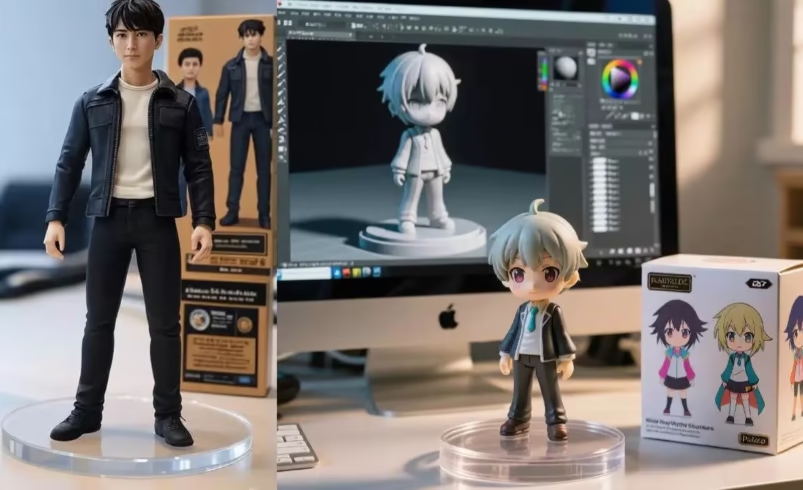AI Image Generation Heats Up with Nano Banana’s Lead
- September 13, 2025
- 0

The competition in AI image generation is intensifying, with Google’s Nano Banana AI emerging as a frontrunner in the creation of 3D figurines. This development marks a significant shift in the landscape, where various AI models are vying for dominance by showcasing their unique capabilities. Among the key players are ChatGPT, Qwen Image Edit, and Grok AI, each bringing distinct strengths to the table.
Google’s Nano Banana AI has taken the lead in the burgeoning field of 3D figurine creation. Known for its impressive speed and photorealistic outputs, Nano Banana is setting new standards in the industry. This advancement is not just about creating lifelike images but also about pushing the boundaries of what AI can achieve in digital artistry.
While Nano Banana focuses on 3D imagery, ChatGPT offers a different set of skills. Known primarily for its conversational abilities, ChatGPT also contributes to image generation by providing detailed descriptions that can enhance visual content creation. This capability allows for a more nuanced approach to generating images that require intricate details and context.
Qwen Image Edit stands out with its specialized editing capabilities. It excels in refining images, ensuring that every detail is polished to perfection. This makes it an invaluable tool for projects that demand high precision and quality. Qwen’s ability to enhance existing images complements the creation-focused strengths of other models like Nano Banana.
In addition to still images, Grok AI brings video generation into the mix. Its strength lies in creating dynamic content that goes beyond static visuals. This capability positions Grok as a versatile player in the AI landscape, catering to a growing demand for video content across various platforms.
The rivalry among these AI models highlights a broader trend towards specialization within the field of artificial intelligence. Each model’s focus on different aspects of image and video generation suggests a future where collaboration between these technologies could lead to even more sophisticated outputs. As these models continue to evolve, they are likely to redefine creative processes across industries.